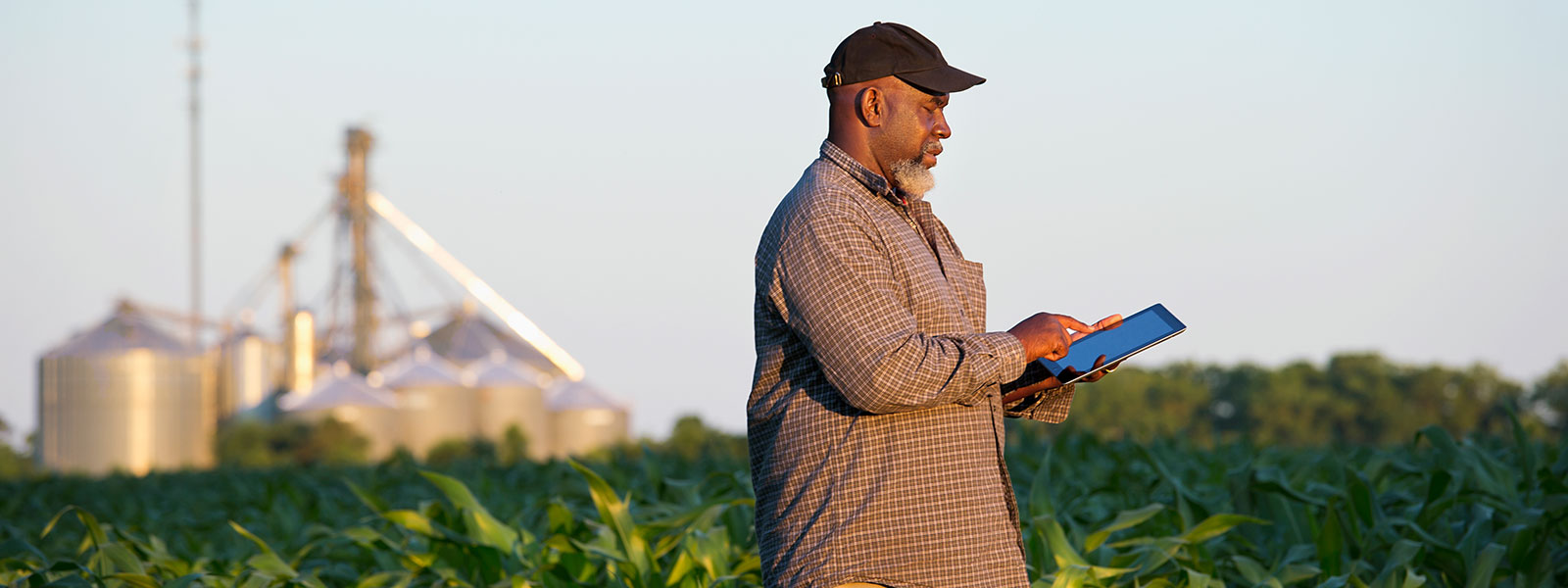
By George Munene
Microsoft has developed the Kenya National Agriculture Platform to help farmers access extension and advisory services. The service will give farmers information from the agriculture ministry, government institutions, and the private agriculture sector.
Through an agriculture chatbot (#AgriChatBot), farmers will be able to freely access information on pest diagnosis, market prices, soil testing, advice on rearing a variety of crops, agriculture news, weather information, personalized input supply information, and messaging for farmer groups.
This will offer data-driven precise farming methods to farmers that will help increase their yields and profitability.
To access AgriChatBot send the word ‘MENU’ via WhatsApp to ‘0758318589’. Or send ‘MENU’ to the common code ‘40139’ on feature phones.
The platform which seeks to be a one-stop information hub for farmers will also feature successful farmer stories.
Related News: Tukalime: innovative service helping 'telephone farmers' farm & market produce
The partnership between the multinational tech company and the Ministry of Agriculture will provide smallholder farmers with this information through SMS, WhatsApp, and Telegram.
“Through partnerships such as the one with Microsoft, we can offer our smallholder farmers valuable services that help them modernize and digitize age-old farming practices increasing productivity and boosting food security for our communities and country,” said Thule Lenneiye, Coordinator of Agriculture Transformation Office in the Ministry of Agriculture.
This forms part of the technology company’s plan to drive agriculture digitization in Africa to help the sector reach its projected one trillion dollar value by 2030.
Related News: Farmers ordering tractor services by phone
Related News: Smartphone boom inspires life saving livestock apps
Agriculture remains the largest employer for Kenyans, directly and indirectly accounting for 40 per cent of jobs in the overall population and 70 per cent of rural jobs.
The sector has however been blighted by marginal access to extension services (21 per cent of farming households access extension services), on and off-farm inefficiency (14 per cent of food is lost post-harvest), lack of traceability, and the proliferation of counterfeit inputs. All issues technology could help streamline.
Write comment (0 Comments)
















